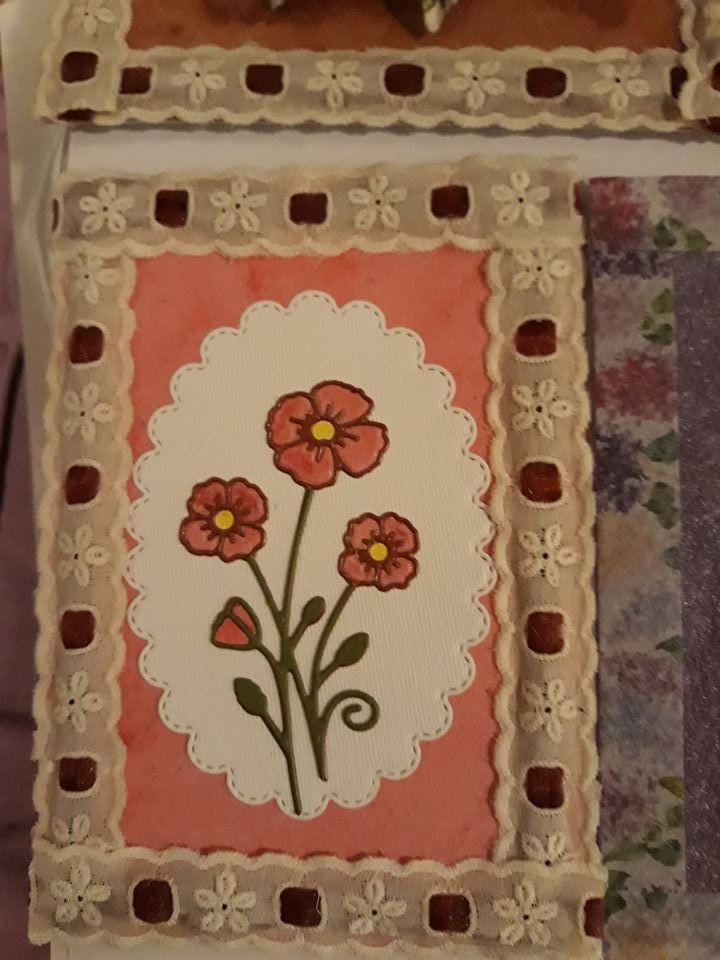Everyone has their part to play to help tackle the COVID-19 coronavirus pandemic.
For most of us, this means social distancing and washing our hands. But for doctors, nurses and those with jobs that revolve around caring for society’s most vulnerable, this means working on the frontlines of the COVID-19 response. Despite immense mental and physical pressure, these essential workers continue to sacrifice their health to help keep everyone safe.
One of these workers is Jennifer Redding.
As an essential aged care employee in Australia, Redding continues to work amid the nation’s strict coronavirus lockdown to ensure those at the greatest risk of serious illness receive safe and effective care.
While Redding is adamant that she does not face the same risk of contracting COVID-19 compared to doctors, nurses and other health care workers, she admits the pandemic has had significant and long-lasting impacts for both aged care staff and residents.
Global Citizen spoke to Redding to find out how life as an aged care worker has changed and to discuss why she believes there will continue to be moments of joy amid the devastation.
What are your exact roles and responsibilities as an aged care worker?
The area of aged care that I work in is called lifestyle aged care. Typically, people think lifestyle aged care is just about singing songs, playing Bingo and watching The Sound Of Music on repeat. It is a little more complex than that at the best of times, let alone during the COVID-19 pandemic.
Our role is always to support the emotional and psychological well-being of the residents, keeping spirits as high as possible and making life feel worthwhile. I will be someone’s clown, a shoulder to cry on, a friend, a peer, a family member — whatever they want or need.
It is the best job I have had in my entire life.
How has your role changed following the COVID-19 pandemic?
Everything we were doing before COVID-19 has been ramped up. We have to try and fill the horrible void of residents not being able to see their loved ones. The void, of course, can not be filled, but we do the best we can.
I usually only work 10.5 hours a week due to personal reasons. I am currently working 22.5 hours. This does not include all the preparation work carried out at home that is required for many of the activities we do each day.

What has been the biggest challenge you’ve faced as an aged care worker during COVID-19?
The biggest challenge for me is keeping the residents in our care in good spirits — while acknowledging that they are afraid and miss seeing their family in person. Their concerns can not and should not be dismissed. They need to be able to talk to us about how they are feeling, and we need to be supportive.
Some people understand what is happening and why their family cannot visit, but it is still breaking their hearts. Some cannot understand why things are the way they are, and they feel that suddenly their family has abandoned them.
By looking after these people, I have come to care very deeply for them. All of the staff feel their pain.
Another challenge is that these people, more than ever, need so much, and everyone needs help at the same time. I love my job; it is an honour, but I am exhausted. I have mental health issues, and I do have to be mindful of how much I take on as some things have a trying impact on me. In saying that, I cannot let these people feel deserted. I do what I can because they deserve to know they are important.
Families of residents in aged care are currently unable to visit. What impact has this had?
The weight of what we must do hit me the hardest when I saw the faces of the family members who came in just before the shutdown took place. I promised that I would look after their relative, whether that be their mother, father, wife, husband, sister or brother. Family members know that all the staff will do our best to keep their loved ones safe, but we all know that even with our best care, things could get out of our control.
They know they could lose their loved one without being able to spend the amount of time with them they would have liked to. The faces of family members broke my heart. The faces of the residents broke my heart. But, I must smile, and I must be supportive more than ever before. I must hide my feelings and fears of COVID-19, so as not to make the residents worry more.

What has been the most inspiring or uplifting moment from the past few weeks?
It is incredibly uplifting to be able to watch, from within, the group of people I work with operating as a united body. There is not one person among the staff who does not genuinely put the residents' well-being and health as their highest interest. The fact that the residents and their families know this, and that they trust us, inspires us to continue with our care.
Do you have a message to anybody that may read this?
It has already been said by many people worldwide, but we really are in this together. The support we give one another is what will help us get through this crisis.
There are silver linings, however thin they may appear at the moment. In the past, it has been too easy to take things for granted, but now we are coming together and learning to appreciate one another — and that has to be a good thing.
This interview has been lightly edited for clarity.
You can see all of Global Citizen’s COVID-19 coverage here.
Related Stories